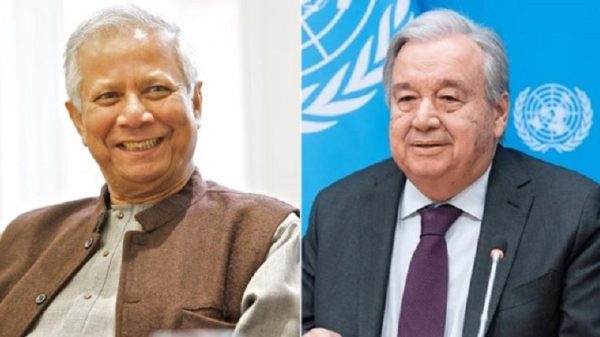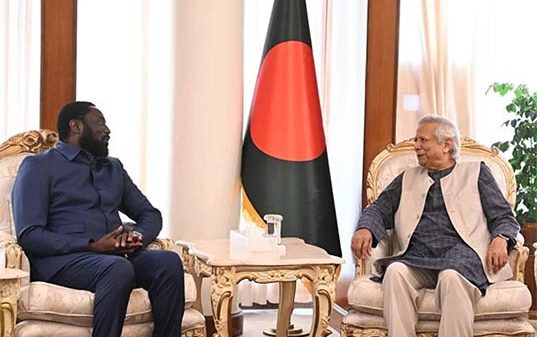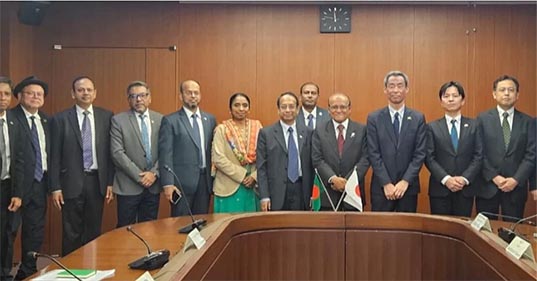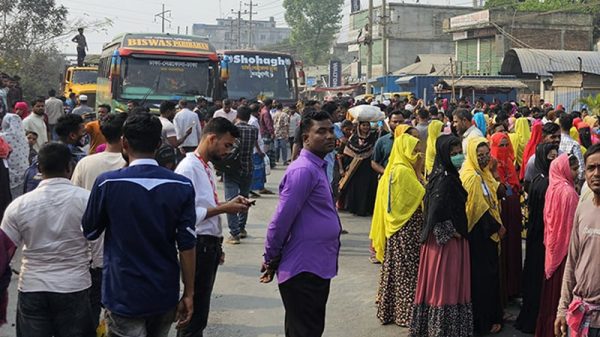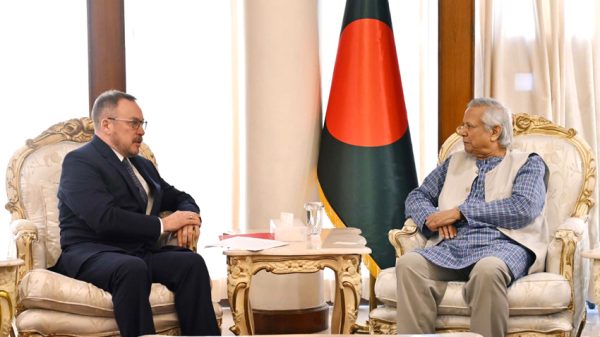Afghanistan’s school year starts without over 1 million girls barred from education by Taliban

- Update Time : Thursday, 21 March, 2024, 01:12 pm
- 69 Time View
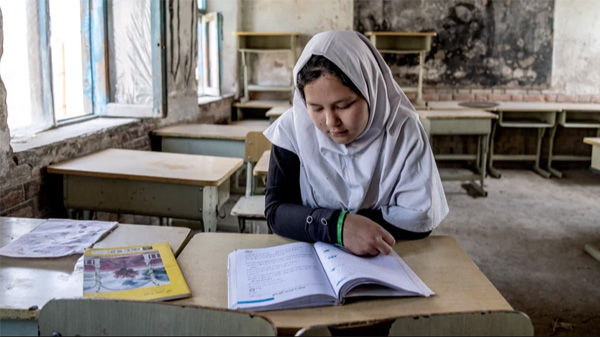
Online Desk: The school year in Afghanistan started Wednesday but without girls whom the Taliban barred from attending classes beyond the sixth grade, making it the only country with restrictions on female education.
The U.N. children’s agency says more than 1 million girls are affected by the ban. It also estimates 5 million were out of school before the Taliban takeover due to a lack of facilities and other reasons.
The Taliban’s education ministry marked the start of the new academic year with a ceremony that female journalists were not allowed to attend. The invitations sent out to reporters said: “Due to the lack of a suitable place for the sisters, we apologize to female reporters.”
During a ceremony, the Taliban’s education minister, Habibullah Agha, said that the ministry is trying “to increase the quality of education of religious and modern sciences as much as possible.” The Taliban have been prioritizing Islamic knowledge over basic literacy and numeracy with their shift toward madrassas, or religious schools.
The minister also called on students to avoid wearing clothes that contradict Islamic and Afghan principles.
Abdul Salam Hanafi, the Taliban’s deputy prime minister, said they were trying to expand education in “all remote areas in the country.”
The Taliban previously said girls continuing their education went against their strict interpretation of Islamic law, or Sharia, and that certain conditions were needed for their return to school. However, they made no progress in creating said conditions.
When they ruled Afghanistan in the 1990s, they also banned girls’ education.
Despite initially promising a more moderate rule, the group has also barred women from higher education, public spaces like parks, and most jobs as part of harsh measures imposed after they took over following the withdrawal of U.S. and NATO forces from the country in 2021.
The ban on girls’ education remains the Taliban’s biggest obstacle to gaining recognition as the legitimate rulers of Afghanistan.
Although Afghan boys have access to education, Human Rights Watch has criticized the Taliban, saying their “abusive” educational policies are harming boys as well as girls. The group, in a report published in December, said there has been less attention to the deep harm inflicted on boys’ education as qualified teachers — including women — left, and inclusion of regressive curriculum changes as well as an increase in corporal punishment have led to falling attendance.

